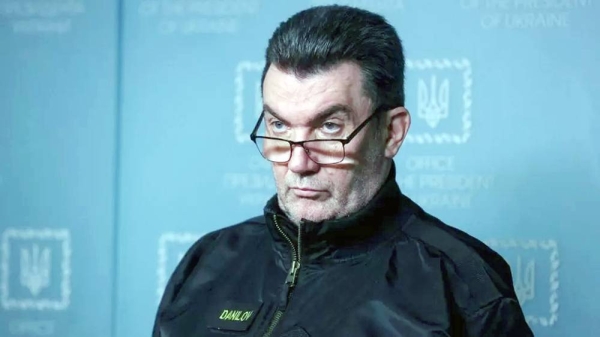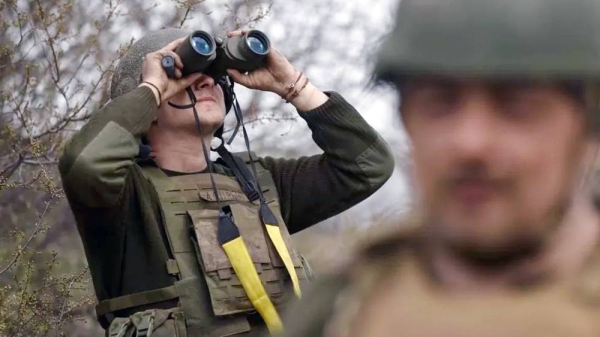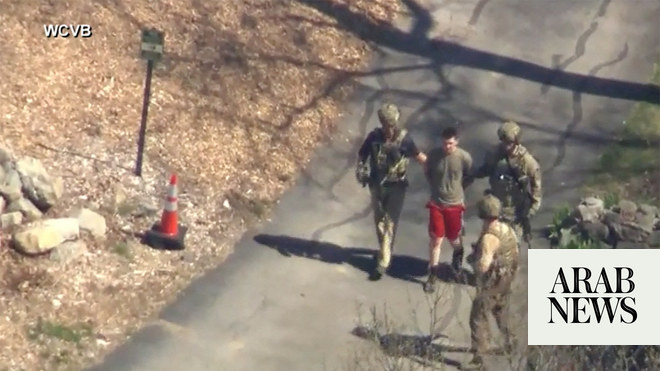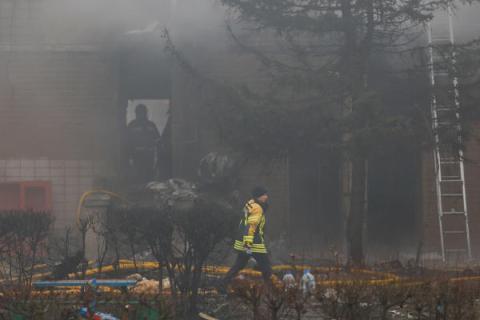
Ukraine is front and center of a number of classified Pentagon documents which a 21-year-old US National Guard airman is suspected of leaking online.
The leaks include details about the West’s military assistance to Ukraine, such as weapons deliveries and training, and perhaps more revealing, dire assessments of the war by US officials, making public concerns that for some time had been discussed in private.
The timing of the leaks is sensitive for Kyiv. The military is expected to launch a counter-offensive within weeks, in what is likely to be a crucial phase in the nearly 14-month-long war that is believed to have killed tens of thousands of people. Such is the anxiety here that, last month, the Defense Ministry urged people to stop discussing potential plans.
One leaked document, quoted by the Washington Post, said the Ukrainian army faced challenges in massing troops, equipment and ammunition, and could fall well short of its original goals for an expected counter-offensive.
The document warned that only modest territorial gains could be achieved in Russian-occupied areas. It is grim but hardly surprising.
One senior Ukrainian official, who spoke on condition of anonymity, told the BBC that the problems faced by the army were already known, and that the revelations would not affect relations between the two countries.
“[The leaks] aren’t the main problem. The problem is what’s happening on the front line,” the official said.
“The decision to provide weapons doesn’t mean they get to the front lines immediately. It takes weeks, sometimes months.”
For months, President Volodymyr Zelensky has talked openly about ammunition and weapons shortages; others have repeatedly complained of delays in the delivery of aid promised by Western countries, while the Ukrainian army grapples with difficulties in mobilizing fresh troops.
Major territorial gains for Ukraine would undoubtedly boost morale and could also help efforts to secure additional military support. But the opposite could result in pressure on Kyiv to consider negotiating with Moscow.
Few Ukrainian officials have reacted in public to the leaks, and the revelations have not attracted significant media coverage.
Oleksiy Danilov, head of Ukraine’s National Security and Defense Council, said the leaks did not affect the military’s plans as “everything will be decided at the last moment”.
“All the speculation about the plans of the Ukrainian military,” he said, “in particular regarding the counter-offensive, are utterly baseless”.
Earlier this week, Biden administration officials tried to reassure their allies in Kyiv of their enduring support despite the leaks.
Defense Secretary Lloyd Austin said the Ukrainian military had “much of the capability that they need to continue to be successful”.
Crucially, the leaks have so far not included Ukraine’s plans for its much-discussed counter-offensive.
The documents, which are from February and March, reveal the timeline for the training of Ukrainian brigades, details about tanks, armored vehicles and artillery pieces being provided by Western countries, and concerns that Kyiv might run out of critical missiles for its vital air defense systems.
The front lines have remained largely static since Ukraine recaptured the southern city of Kherson, in November, and nearly a fifth of the country remains under occupation.
Most of the recent fighting has been in the east, especially around Bakhmut, where a months-long battle has destroyed most of the city and inflicted heavy losses on both sides.
In the south, satellite images show that Russian forces are fortifying some of their positions, including in areas around Melitopol, seen as a main Ukrainian target.
In Russia, meanwhile, the deputy foreign minister suggested the documents that have appeared online might be an intentional US leak aimed at deceiving Moscow as part of a “hybrid war”.
The main suspect, Jack Teixeira, a junior member of the Massachusetts Air National Guard, has been accused of the unauthorized removal and retention of classified documents and the unauthorized retention and transmission of national defense information.
The senior Ukrainian official, who spoke anonymously, said it was “insane” that officials at that level had access to this kind of sensitive information.
“Can you imagine the reaction from our Western partners if it had happened in Ukraine?” — BBC











